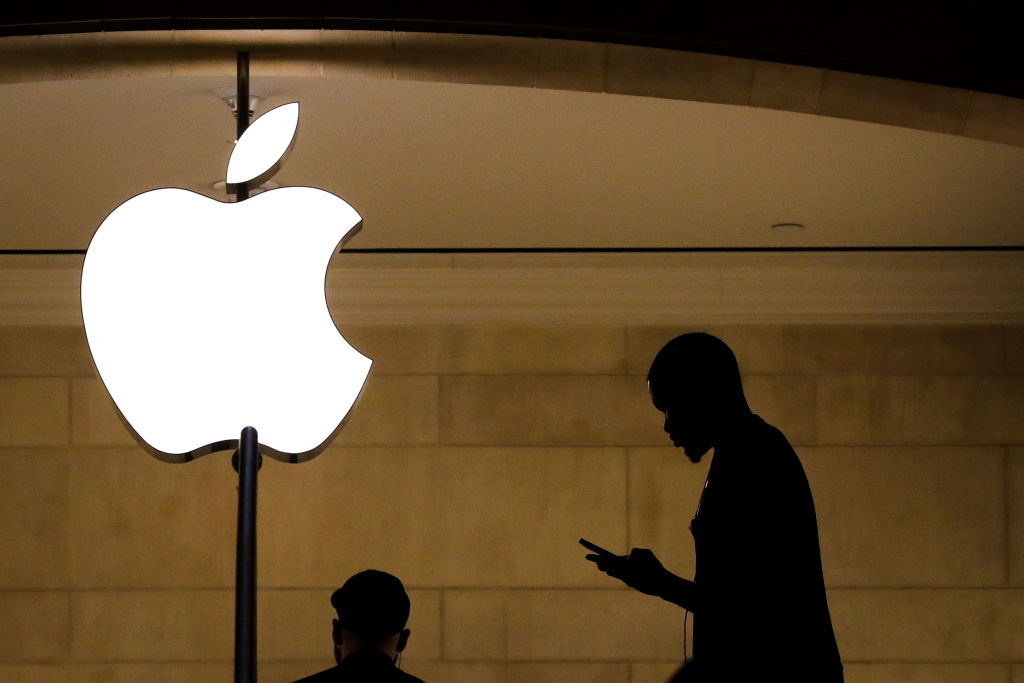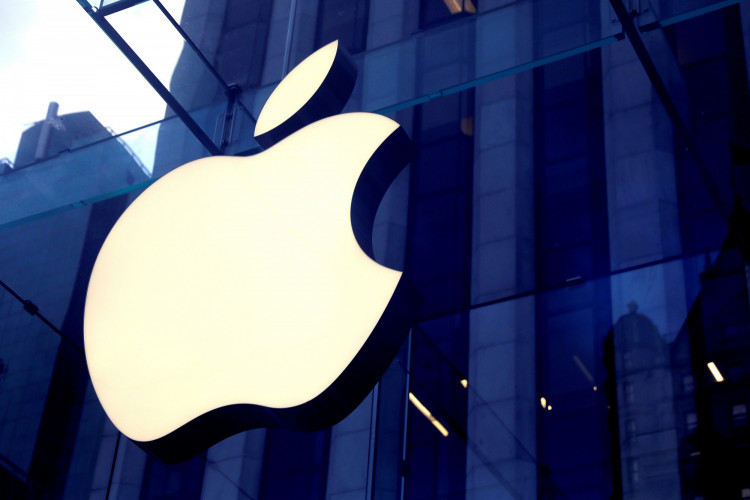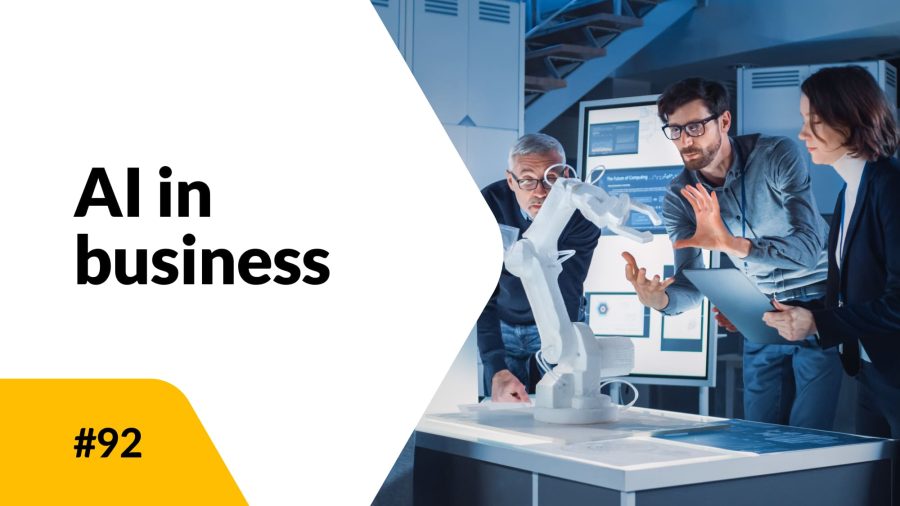Apple may label iOS 18 Artificial Intelligence Features as a Beta Preview: A Strategic Catch-up
In the latest edition of Mark Gurman’s newsletter for Bloomberg, it was reported that Apple’s highly-anticipated AI features for iOS 18 and its other operating systems might be released with a ‘beta’ or ‘preview’ designation. This indicates that Apple might still be playing catch-up in the rapidly advancing field of artificial intelligence, as the planned features for this cycle may not yet be reliable or polished enough for a full unqualified launch.
Apple’s AI Strategy: A Deliberate Pace
Apple has built a reputation for taking a deliberate approach to technology advancements, often prioritizing stability and user experience over being first to market. In this case, however, it seems Apple may have been caught off guard by the AI revolution. The decision to label iOS 18 AI features as beta suggests that these capabilities are still under development and refinement. Interestingly, while some may view Apple as lagging behind, the recent issues seen with Google Search’s AI rollouts highlight the potential benefits of Apple’s cautious approach.
Key Features to Watch
iOS 18 is expected to integrate a variety of AI-powered features:
- Text message and notification summarization
- Voice memo transcriptions
- AI-enhanced photo editing
- Automatic message reply suggestions
- Updates to Safari and Spotlight search
- A revamped Siri
- Generative AI for creating new emoji variations
Local vs. Cloud Processing
Apple plans a multi-pronged approach for handling AI requests, with some processed locally on the device and others relayed to Apple’s cloud infrastructure. This hybrid approach aligns with Apple’s long-term emphasis on on-device processing for enhanced privacy. Nevertheless, the escalating demands of generative AI mean that many features will necessitate cloud processing, particularly for complex tasks.
Hardware and Compatibility
On-device handling is likely to be limited to newer Apple devices, such as the latest generations of iPhones, iPads, and Macs. Furthermore, Apple is preparing a specialized, miniaturized on-device model tailored for the Apple Watch. This hardware dependency might leave users of older devices with limited access to new features, a common trade-off in technology advancements.
Will Privacy Trade-offs Erode Consumer Trust?
A critical question is how Apple will balance its AI strategy with its long-standing commitment to user privacy. Whereas previous announcements emphasized on-device processing to protect user data, the necessity of cloud-based solutions for advanced AI features could challenge this stance. Although Apple’s cloud will utilize Apple silicon chips in its servers, making it less private than purely on-device solutions, Apple must navigate this transition carefully to maintain user trust.
The Integration of ChatGPT
Additionally, iOS 18 will incorporate a chatbot driven by OpenAI’s ChatGPT technology. Speculation suggests that Sam Altman, CEO of OpenAI, might appear during the Worldwide Developers Conference (WWDC) to announce this partnership. There are also rumors about a potential collaboration with Google for their Gemini AI model, though details remain uncertain.
Conclusion
The gradual rollout of AI features in beta for iOS 18 indicates Apple’s cautious yet strategic approach to incorporating cutting-edge technology. As the company strives to balance innovation with reliability, this move could prove prudent amid the AI-driven transformations across various industries. For more insights into AI advancements, check out my previous articles on Mitigating AI Hallucinations in Community College Classrooms and leveraging ChatGPT-4o for Solana price predictions.
Focus Keyphrase: Apple iOS 18 AI beta preview
“`
 >
> >
> >
>